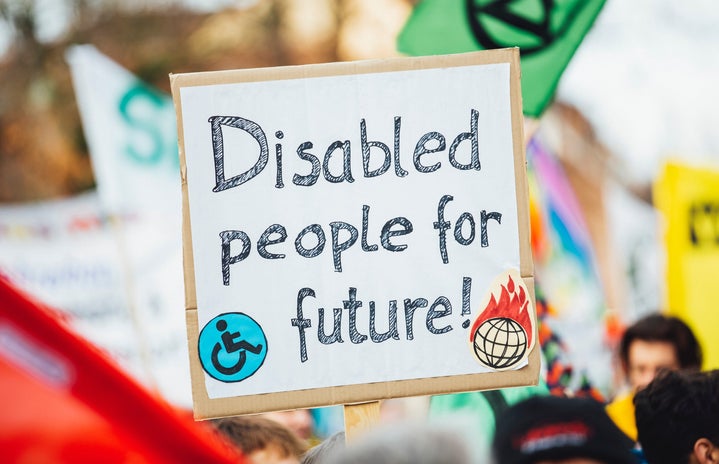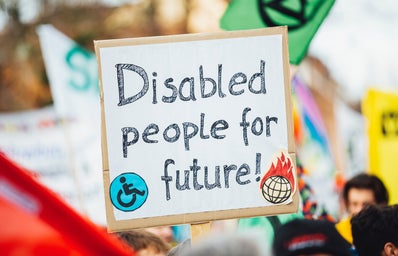When you are disabled, life is a lot different to “normality”. You are a perpetual child, not in your own mind but in the eyes of others. The alternative, which is common for those with invisible/hidden disabilities, is to be denied by those others as someone who doesn’t “look” like they have a disability.
I’ve been told this by a lot of people. Strangers, good friends, family members. I don’t look/act/sound disabled, so I can’t be. It baffles me that these people, who have no insight to what goes on inside my brain, can assume something like that. And it can also infuriate me, although it is usually just exhausting, that they can claim this knowledge over me and all I can say is “ok”.
It’s hard for people to understand what it’s like living with a disability when they don’t have one themselves, and this can make our lives a very isolating and scary experience. So, what is disability? The Cambridge Dictionary defines it as “an illness, injury, or condition that makes it difficult for someone to do the things that other people do” or a condition “that makes someone unable to act in a way that is considered usual for most people.” I feel that often able-bodied and neurotypical people’s ideas of disabled people are like a dictionary definition, in that they don’t understand the complexities of our lives and so they assume a straightforward view of what it must be like.
For the UK Disability History Month, I’ve decided to investigate how the concept of disability came about, and how it’s related to the type of society we live in. Some assume that humans are inherently cruel, but I believe that it is not in human nature to perform discrimination, and rather the consequence of how society has been formed. The most stubborn capitalists can agree that capitalism is based on labour for profit, and so if an individual cannot work like other people, then they are now at a disadvantage, and their worth goes down.
This extends to young children in schools. If you can’t keep up with the workload, you’re now a problem that the education system could do without. Teachers who don’t know how to handle you will try to treat you like the other kids, and when that’s not successful, they take it out on you. Staff rarely pick up on conditions like ADHD – you much sooner get your eyes tested than be referred for a diagnosis. When this becomes your school experience, you internalise how burdensome you are to others, and you carry this through your entire life.
It then becomes hard to picture a world in which capitalism and a complete absence of discrimination can coexist. How can disabled people be accommodated if they cannot match the labour of their able-bodied peers? This isn’t just a frustrating problem, it is a fundamental flaw in the world we live in, and the people in power won’t fix it because it doesn’t harm them, it harms the disabled people at the bottom of society who can’t change a thing.
A society in which “each according to his ability, to each according to his needs” may sound familiar, and it is the only way we can thrive. But that is a drastic change that is hard to imagine actually occurring. So instead, a good step for you, as a reader, is to educate yourself on disability, and instead of brushing off your disabled peers, listen and try to understand their lives. A bit of sympathy can go a long way. And do not treat them like children.

